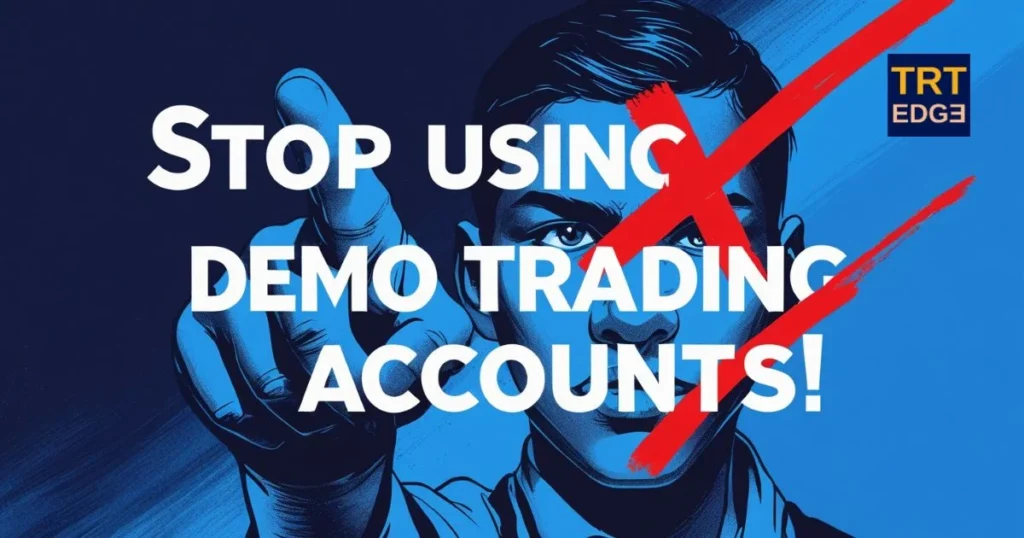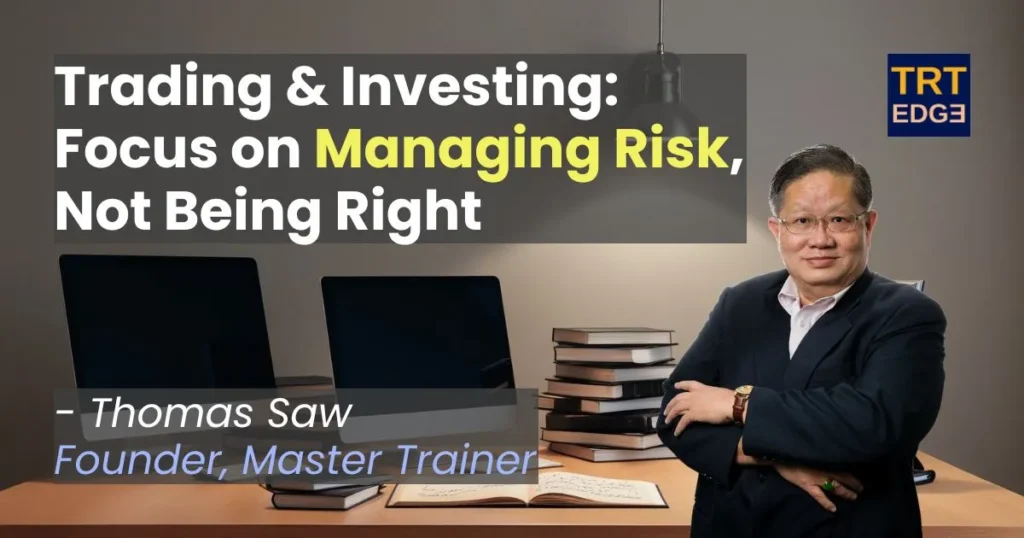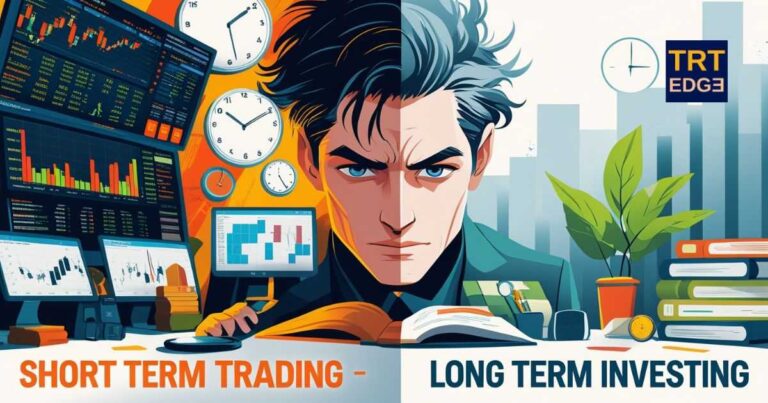Stop Using Demo Accounts! 5 Hidden Dangers of Paper Trading

Demo trading, also known as paper trading, is often recommended as a risk-free way for beginners to practice trading before investing real money. While it may seem like a perfect training ground, relying too much on demo accounts can do more harm than good. In this blog, we’ll explore the 5 hidden dangers of paper trading and why it might be holding you back from becoming a successful trader.
1. No Emotional Attachment to Trades
One of the biggest differences between demo trading and live trading is the emotional factor. When you trade with virtual money, there is no fear of losing real cash. This creates a false sense of confidence and prevents traders from experiencing the psychological challenges that come with real trading, such as fear, greed, and anxiety.

2. Risk Management Becomes Unrealistic
Since demo accounts don’t involve real money, traders often take risks they wouldn’t take in a real market. Overleveraging, ignoring stop losses, and taking excessive trades become common habits, which can be disastrous when transitioning to live trading.
3. Slippage and Order Execution Differences
In a demo account, orders are executed instantly at the exact price shown on the screen. However, in live markets, slippage, spreads, and liquidity issues can affect trade execution. This can lead to unrealistic expectations about entry and exit points.

4. No Real Pressure or Discipline
A key aspect of successful trading is discipline. Since demo trading removes the pressure of real financial consequences, traders may develop lazy habits, such as overtrading, revenge trading, or failing to follow a strict strategy. Without real stakes, there’s no urgency to develop discipline and patience.
5. Market Conditions May Not Reflect Reality
Demo accounts often use simulated market conditions that don’t fully represent live market volatility, news-driven price swings, or unexpected economic events. This can mislead traders into believing they are prepared for live trading when they haven’t truly tested their strategies under real market stress.

What Should You Do Instead of Paper Trading?
Instead of relying solely on demo accounts, consider these alternatives:
- Start Small with Real Money: Open a micro account or use a small amount of capital to trade live. This will help you develop emotional discipline and experience real market conditions.
- Set Strict Trading Rules: Even in a demo account, treat trades as if they were real. Follow proper risk management and trading strategies to build good habits.
- Use Demo for Strategy Testing Only: Demo accounts can be useful for testing new strategies, but they should not be used to simulate the real trading experience.

Final Thoughts
While demo accounts can be helpful for learning the basics of trading, they should not be relied upon as a complete training tool. The lack of real emotional and financial stakes creates an unrealistic trading environment. If you truly want to become a successful trader, transition to live trading as soon as possible, even if it means starting with small amounts. The best lessons come from real-world experience.
Are you ready to take control of your trading destiny? Contact us for a trade-to-learn experience!







